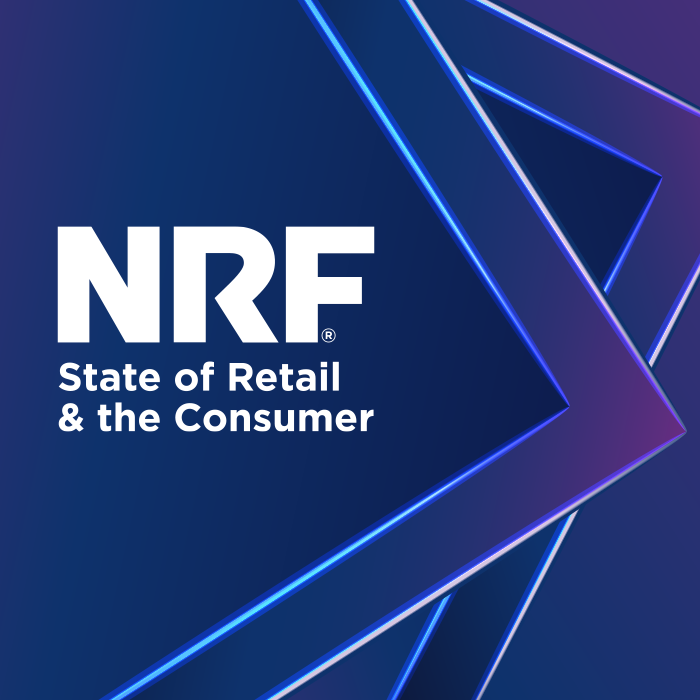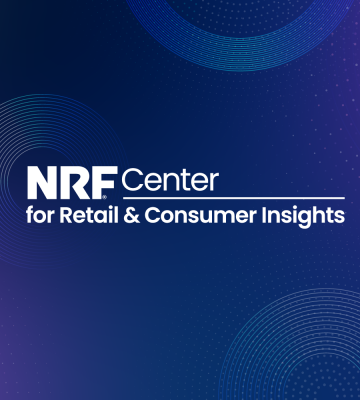Digital product passports take the runway
)
In addition to cutting-edge design and bold new looks, something else is debuting at this year’s Paris Fashion Week: new EU regulation designed to ensure sustainability. The Digital Product Passport is a scannable ID revealing an item’s full origin, composition and care history. The legislation passed in July 2024, and this September, designers and fashion houses will get their first look into what they can expect for 2027 — a new standard for transparency, circular revenue and, most importantly, consumer trust.
What the passport delivers
A DPP links each product to a quick response code or near-field communication tag carrying verified data, including:
Provenance: raw material sources (cotton from India, wool from Australia, etc.)
Production: factory location, dates and responsible parties
Processing: dyeing, assembly and finishing steps
Certifications: organic, fair labor and other compliance proofs
For shoppers, they make sustainability claims verifiable in seconds. For retailers, the same data that satisfies regulators can reduce counterfeit losses, smooth customs clearance and power new services like resale and repair programs. For regulators and recyclers, DPPs speed enforcement and recovery through secure application program interfaces.
The full adoption of Digital Product Passports could unlock $700 billion in circular-economy revenue while cementing consumer trust — especially among Gen Z consumers, who reward authenticity with loyalty and price premiums.
When policy and trade intersect, opportunities emerge
DPPs intersect with other policy shifts: France’s sustainability push, the EU’s forced labor ban and changes in global trading terms. DPPs can capture and verify fiber composition, fabric origin and processing steps, providing the documentation needed to qualify for preferential tariffs, avoid customs delays and protect margins.
Cutting-edge solutions at the Innovators Showcase
The NRF 2025 Innovators Showcase in Paris will include solutions that make DPPs tangible. Zappar creates a distinct frame that helps phones lock onto a code from any angle and even reads DPP data aloud for shoppers with low vision — an upgrade that could appear on garment tags or invitations alike.
Tradeverifyd maps multi-tier supplier networks with AI, flags missing compliance documents and exports a DPP-ready score. Its latest release adds predictive risk alerts before shipments leave port.
Takeaways for retailers
Data remains the “unlock.” For brands, map fiber mix, supplier identifiers and repair logs against expected passport data fields. For retailers, assess supplier compliance and set requirements for the data you’ll need to display or store.
Test in market. Tag one hero product this season with a scannable passport, measure engagement and refine the story for scale.
Monetize transparency. Leverage passport data to authenticate resale, bundle repairs and reduce counterfeits — benefits that work for both direct-to-consumer brands and retail marketplaces and can boost top- and bottom-line performance.
Engage with innovators. Connect with solution providers at the NRF Europe Innovators Showcase to accelerate your compliance plans and uncover best practices from early movers.
The clock to 2027
Textiles are in the EU’s first wave of DPP requirements under the Ecodesign for Sustainable Products Regulation. The delegated acts — detailed rules for compliance — will be finalized in 2027, with enforcement expected 12-18 months later. That’s just six fashion seasons for brands to embed passport data into every SKU.
NRF Innovation Advisory Committee
The IAC advises NRF on engagement strategies to strengthen connections between the venture, technology and retail communities. Learn more.
The NRF Europe Innovators Showcase in Paris lands between the delegated-act draft and market enforcement — the perfect moment for retailers to get ahead. Expect demos of end-to-end traceability dashboards, fiber DNA scanners and zero-code consumer applications.
Join us in Paris to see the tools, meet the innovators and turn the 2027 DPP deadline into your competitive edge across the EU. Register here.
Karla Martin and Vincent Diallo are members of the NRF Innovation Advisory Committee. Martin sits on the Board of Advisors at BrainTrust Founders Studio; Diallo is founder and general partner, Interlace Ventures.





